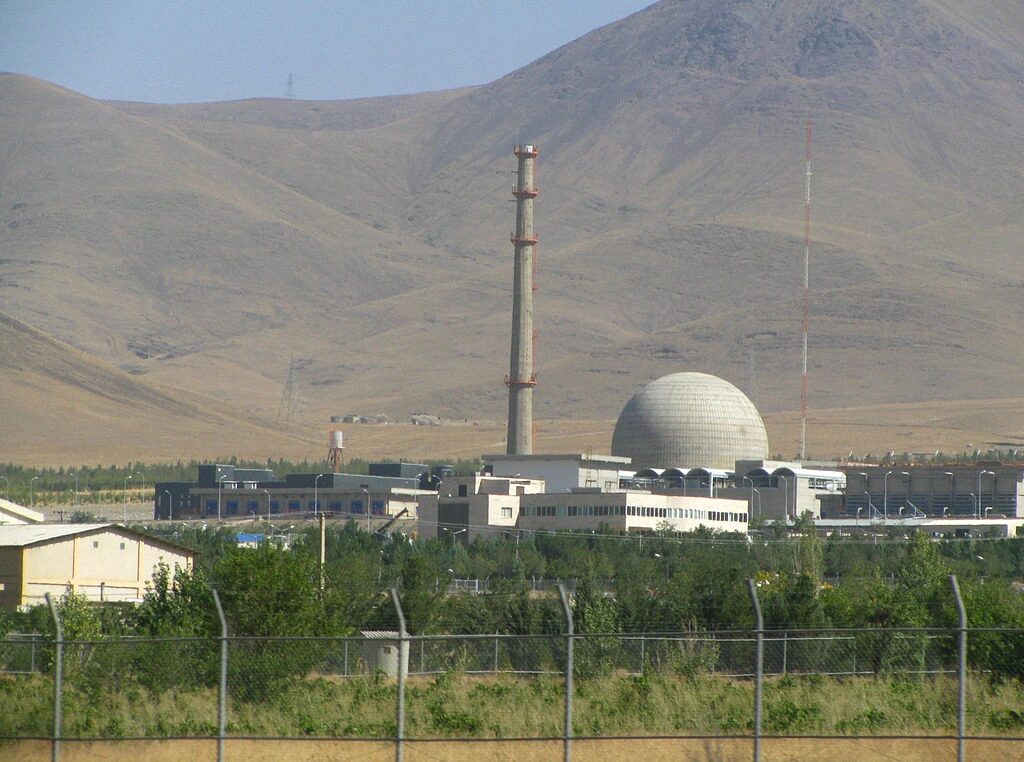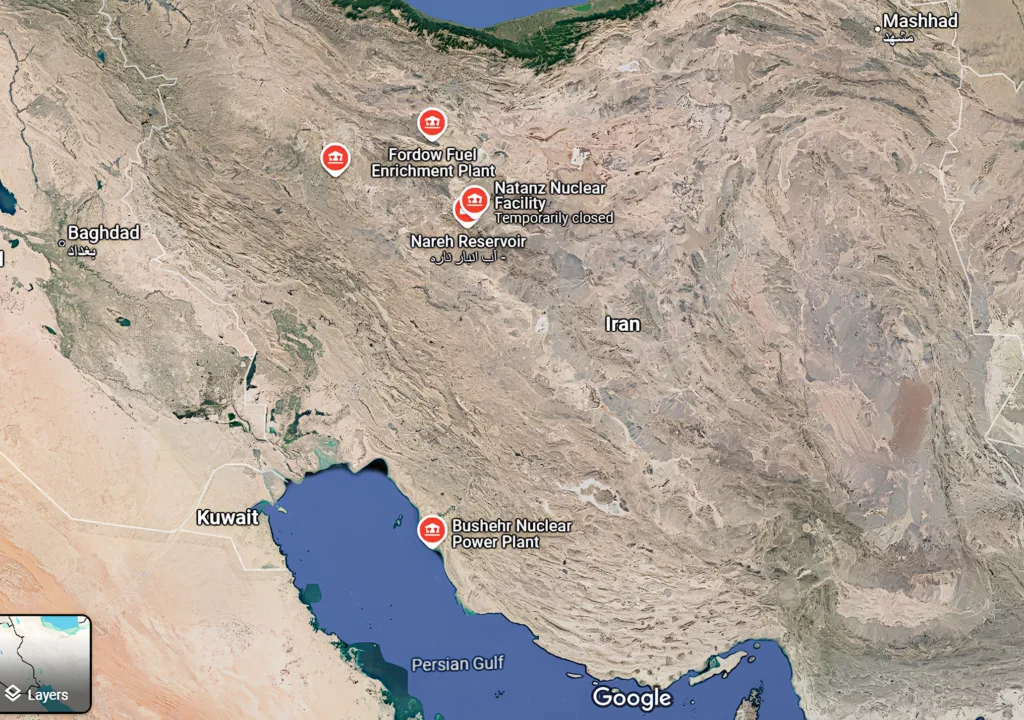
Nov 17, 2024
The Middle East conflict has intensified significantly since October 7, 2023, and recent events have added to the tensions. On October 26, Israel carried out airstrikes in Iran, targeting a nuclear weapons research facility in Parchin. This attack is seen as a major blow to Iran’s nuclear ambitions. The Parchin site is known for its role in nuclear weapons development.
As reported by The Times of Israel, the Israeli Defense Forces (IDF) led this operation to disrupt Iran’s nuclear program. The airstrikes destroyed advanced equipment at the site, which was used to design explosives capable of surrounding uranium in nuclear devices. These tools are essential for building nuclear explosive devices, and their destruction significantly weakens Iran’s nuclear capabilities.
Axios News confirmed that dismantling the Parchin facility will greatly slow down Iran’s ability to advance its nuclear weapons research. Two Israeli officials mentioned that this operation would make it “much harder for Iran to develop a nuclear explosive device if it chooses to do so.” This marks a serious setback for Iran, which is already under international scrutiny for its nuclear activities.
The strikes came at a time of heightened tensions in the region. Just weeks earlier, on October 1, Iran launched attacks on Jerusalem, further escalating the volatile situation. These events, combined with ongoing clashes between Israel and various groups in Gaza, have contributed to the worsening conflict. Israel’s actions reflect its strong commitment to stopping Iran’s nuclear program and ensuring its national security.
ANI News posted a video You tube on this topic.
Israel’s airstrike on Parchin has significant consequences. Experts believe it could delay Iran’s nuclear program by several years. The attack targeted a key facility used to develop weapons-grade uranium, dealing a major setback to Iran’s nuclear plans. While Iran claims its nuclear program is for peaceful purposes, many countries remain concerned about its potential to create nuclear weapons.
The timing of these airstrikes is also notable. During the U.S. election campaign, former President Donald Trump called on President Joe Biden to back Israel in taking strong action against Iran’s nuclear sites. His remarks highlighted rising tensions between the U.S. and Iran and the importance of Israel’s security in the region.

The recent events in the Middle East highlight a growing struggle over nuclear weapons and regional security. Israel has always viewed Iran’s nuclear program as a serious threat to its existence. The latest airstrike by the Israeli Defense Forces (IDF) is part of its efforts to stop Iran from developing nuclear weapons, which Israel considers unacceptable.
This strike on the Parchin facility is not Israel’s first attempt to disrupt Iran’s nuclear ambitions. In the past, Israel has used cyberattacks and targeted killings of Iranian nuclear scientists to slow down their progress. However, the Parchin attack stands out as one of the most significant and direct actions taken against Iran’s nuclear program.
The destruction of such an important site could lead to retaliation from Iran, increasing tensions in the already unstable region. This attack is also likely to influence how major powers like the United States, Russia, and European countries respond to the growing conflict between Israel and Iran.
As the situation unfolds, it’s clear that Israel’s actions in Iran mark a turning point in the fight over nuclear power in the region. While it remains unclear whether these efforts will stop Iran from building nuclear weapons, Israel has sent a clear message about its determination to protect its national security.
In summary, the attack on Iran’s Parchin facility is a major development in the Middle East. Its impact will likely shape the region’s political and security landscape for years to come. The international community must closely follow these events to understand their potential consequences for global stability.


